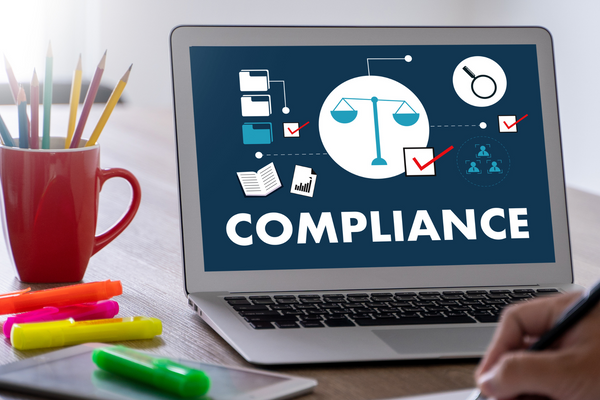
By: Adrian Hori The Financial Crimes Enforcement Network (“FinCEN”) considers that the Beneficial ownership information is identifying information about the individuals who directly or indirectly own or control a company.
Who is the beneficial owner?
An individual who either directly or indirectly:
a) Exercises substantial control over the reporting company:
By substantial control, we must understand that an individual could exercise it in four different ways:
i. The individual is a senior officer.
ii. The individual has the authority to appoint or remove certain officers or a majority of directors of the reporting company.
iii. The individual is an important decision-maker (an individual who directs, determines, or has substantial influence over the business, finances, structure of the Company).
iv. The individual has any other form of substantial control (new and unique ways can still be substantial).
b) Owns or controls at least 25% of the reporting company’s ownership interest.
By ownership interest, we must understand that it is generally an arrangement that establishes ownership rights in the reporting company. This could be:
i. Equity, stock, or voting rights.
ii. Capital or profit interest.
iii. Convertible instruments.
iv. Options or privileges.
v. Any other instrument, contract, arrangement, understanding, relationship, or mechanism to establish ownership.
Who must report?
– Domestic companies are corporations, limited liability companies, and any other entities created by the filing of a document with a secretary of state.
– Foreign companies are entities formed under the law of a foreign country that have registered to do business in the United States by filing a document with a secretary of state or any similar office.
Companies that are exempt from reporting:
– Securities reporting issuer
– Government authority
– Bank
– Credit Union
– Depository institution holding company
– Money Services business
– Broker or dealer in securities
– Securities exchange or clearing agency
– Other Exchange Act registered entities
– Investment company or advisor
– Venture capital fund advisor
– Insurance company
– State-licensed insurance producer
– Commodity Exchange Act Registered entity
– Accounting Firm
– Public utility
– Financial market utility
– Pooled investment vehicle
– Tax-exempt entity
– Entity assisting a tax-exempt entity
– Large operating company
– Subsidiary of certain exempt entities
– Inactive entity
The Importance of Data Mapping Documentation in Compliance Services (2).png

To determine if a company is exempt from reporting the beneficial owner, it must comply with applicable requirements, including being an entity regulated by the Securities and Exchange Commission, an insurance agent, financial institution, non-profit organization, or, in the case of a large company, meeting employment and income requirements established by FinCEN. Additionally, to be considered an inactive entity, compliance with all six requirements set by FinCEN is necessary.
When should you comply?
Companies incorporated and registered to do business before January 1, 2024, will have until January 1, 2025, to file their initial beneficial ownership report.
Companies incorporated and registered to do business after January 1, 2024, will have 30 days to file their initial beneficial ownership information report. This 30-day deadline runs from the time the Company receives the actual notice that its creation or registration is effective or, after a secretary of state or similar office first provides public notice of its creation or registration, whichever is earlier. These types of companies must report the Company applicants, which will be detailed below.
FinCEN will begin accepting the information on January 1, 2024.
Who is a Company applicant?
Companies incorporated and registered on or after January 1, 2024, will need to report their company applicants.
The company applicant are two individuals who meet the following criteria:
1. The individual who directly files the document that creates or registers the company and
2. The individual who is primarily responsible for directing or controlling the filing.
How to comply with the identification?
You will have to report the information electronically through a secure filing system available via FinCEN.
The information about the Company will be:
1. Legal name
2. Trade names
3. Current address of its principal place of business in the U.S.
4. Its jurisdiction of formation or registration
5. Taxpayer’s identification number (or foreign tax identification number if it doesn’t have one)
For each individual who is a beneficial owner, the Company will have to provide:
1. Full name
2. Date of birth
3. Residential address
4. Identification such as a passport, U.S. driver’s license (it’s necessary to report an image of this)
In the case of a company incorporated and registered on or after January 1, 2024, to report the company applicants’ information, it is necessary to provide the same information required by FinCEN for the individuals.
Each Company must file their own reports; the holding/parent Companies are not allowed to file the report on behalf of their subsidiaries.
Failure to comply with the above mentioned report may result in civil or criminal penalties, including civil penalties of up to $500 for each day that the violation continues, or criminal penalties including imprisonment for up to 2 years and a fine of up to $10,000. Senior officers of an entity that fails to report may be held accountable for that failure.